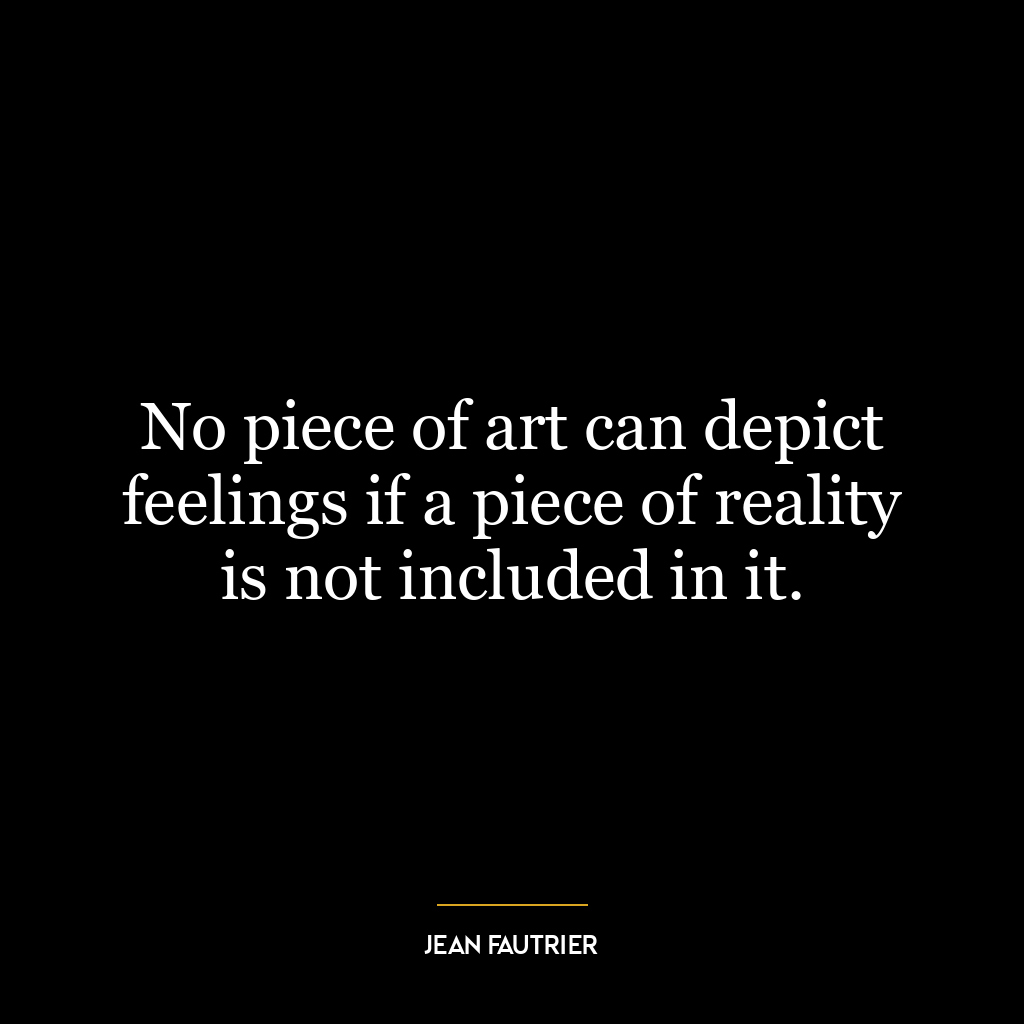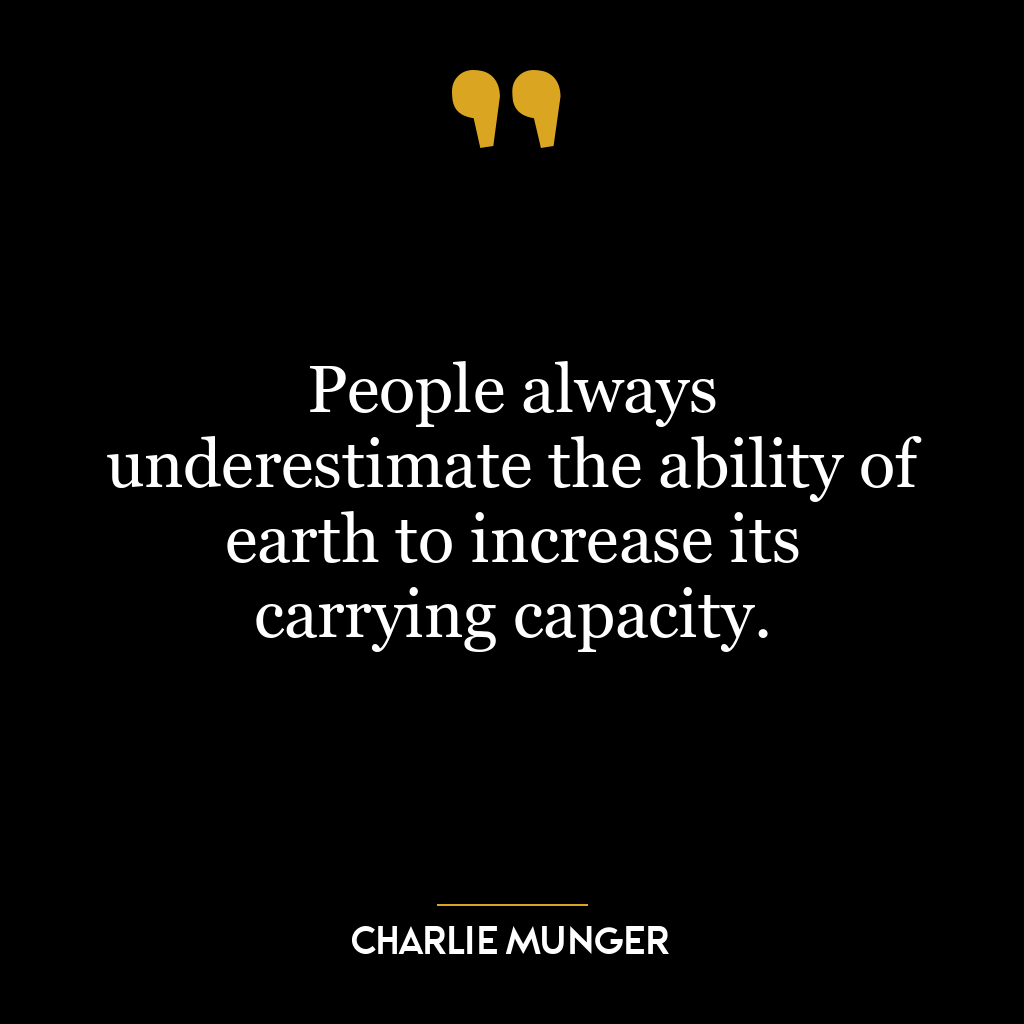Nothing can rightly compel a simple and brave man to a vulgar sadness" is a statement that champions the power of personal resilience, courage, and simplicity. It suggests that a person who is straightforward (simple) and courageous (brave) cannot be forced into a state of common or base sadness (vulgar sadness).
The term "vulgar sadness" here can be interpreted as a kind of despair that is common, base, or unrefined. This could refer to the kind of sadness that arises from petty issues, materialistic concerns, or superficial societal pressures. It’s a sadness that lacks depth, a sadness that is not born out of profound understanding or genuine loss, but rather from mundane or petty disappointments.
Thoreau is implying that a person who is simple in their desires and brave in their actions is immune to such base sadness. They are not swayed by petty disappointments or superficial societal pressures because their simplicity keeps them focused on what truly matters, while their bravery enables them to face challenges head-on, without succumbing to despair.
Applying this to the modern world or personal development, the quote encourages us to cultivate simplicity and bravery in our lives. In a world that often pressures us to conform to certain standards or chase after materialistic goals, being simple can mean focusing on what truly brings us joy and fulfillment, rather than what society dictates.
Bravery, on the other hand, is about facing our fears and challenges with courage. It’s about standing up for what we believe in, even when it’s difficult or unpopular. By being brave, we can prevent ourselves from falling into a state of despair when faced with adversity.
In essence, the quote is a call to rise above the superficial concerns and pressures of society. It’s a reminder that by being true to ourselves and facing life with courage, we can maintain our inner peace and happiness, regardless of the challenges we face.









